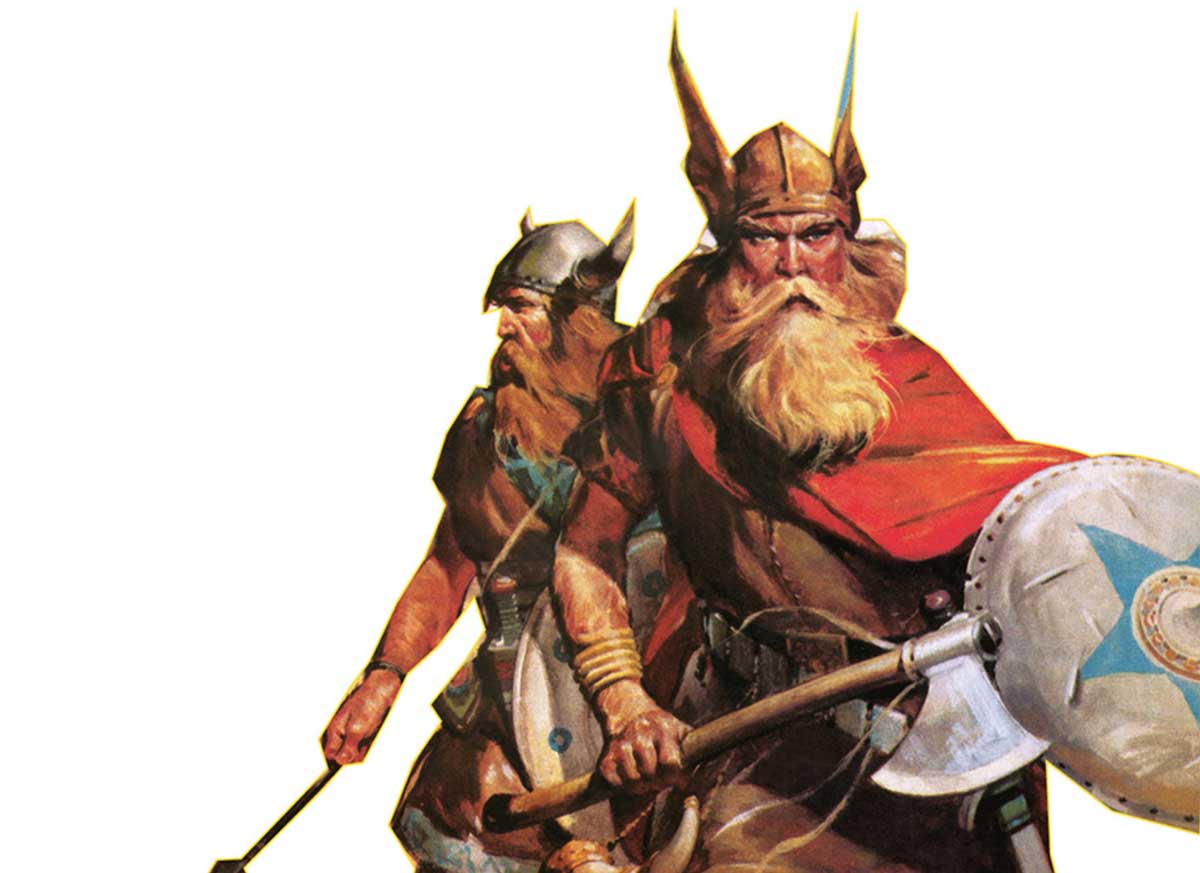Are Czech Vikings?

The topic of Vikings often conjures images of Norse warriors, longships, and the northern expanses of Scandinavia. However, the question, "Are Czech Vikings?" introduces an intriguing discussion about historical identities and cultural exchanges throughout history. While the concept might initially appear far-fetched, exploring the connections between the Czech lands and the Viking world reveals fascinating insights into medieval Europe.
Understanding the Viking Identity
To determine any link between the Czechs and the Vikings, it is essential to first understand who the Vikings were.
Who Were the Vikings?
The Vikings were seafaring Norse people from what is now Denmark, Norway, and Sweden. Between the 8th and 11th centuries, they were known for their raids across Europe, exploration, and trade. They had a profound influence on the regions they encountered, from the British Isles to the shores of North America.
Viking Society and Culture
Viking society was complex, comprising not just warriors but also farmers, traders, and settlers. They were known for their remarkable shipbuilding skills and navigational abilities, which allowed them to explore vast distances across the sea. Their mythology, rich with gods like Odin and Thor, and their sagas, have captivated modern imagination.
Quick Info Table: Vikings vs. Czechs
| Aspect | Vikings | Czechs |
|---|---|---|
| Origin | Scandinavia (Denmark, Norway, Sweden) | Central Europe (Czech Republic) |
| Era | 8th to 11th centuries | Slavic tribes settled around 6th century |
| Primary Activity | Raiding, trading, and exploration | Agriculture and settlement |
| Cultural Legacy | Norse mythology, runes, and sagas | Slavic folklore, literature, and music |
| Influence | Northern Europe, British Isles, Iceland | Central and Eastern Europe |
The Czech Lands During the Viking Age
A Brief History of the Czech Region
The Czech lands, primarily Bohemia and Moravia, have a rich history dating back to ancient times. By the 6th century, Slavic tribes began settling in the region, eventually establishing a distinct cultural and political identity. By the time of the Vikings, these lands were part of the Great Moravian Empire, a significant Slavic state.
Interactions with Norse Traders
While the Czechs were not Vikings, interactions between Slavic and Norse peoples were not uncommon. Trade routes crisscrossed Europe, connecting distant regions. The Vikings were known to travel along rivers, including the Volga and the Dnieper, which brought them into contact with Slavic tribes. These interactions often involved the exchange of goods, ideas, and even cultural practices.

Cultural and Historical Connections
Trade and Exchange
The Viking and Slavic worlds connected through trade. Viking traders sought valuable commodities such as furs, amber, and slaves. The Slavs, including those in the Czech region, were part of this vast trade network. Archaeological finds, such as Norse artifacts discovered in Slavic territories, suggest a degree of cultural exchange.
Influence of Norse Mythology
Although primarily associated with the Norse, some aspects of their mythology and art influenced surrounding regions. For example, certain motifs found in Slavic jewelry and weapons show possible Norse influence, indicating a blending of cultural elements.
The Medieval European Context
The Spread of Christianity
During the Viking Age, Europe was undergoing significant transformations, particularly the spread of Christianity. The Czech lands were among the regions that gradually embraced Christianity. This religious shift was a crucial factor in differentiating the Czechs from the pagan Vikings, who eventually converted to Christianity themselves.
Political Alliances and Conflicts
The political landscape of medieval Europe was dynamic, with alliances and conflicts shaping the destinies of nations. The Czech lands, strategically located, played a role in these developments. While the Norse expanded through conquest and colonization, the Czechs were more focused on regional stability and consolidation.
Debunking the Myth
Misconceptions and Realities
The idea of "Czech Vikings" is more myth than reality. While there were interactions between the Norse and Slavic peoples, the Czechs were not Viking in origin or culture. The confusion may arise from the complex web of medieval trade and migration, leading to shared cultural elements across Europe.
The Richness of Czech History
The history of the Czech lands is rich and independent of the Viking saga. The Czechs developed their own unique identity, contributing significantly to the cultural and political tapestry of Europe. Their legacy includes stunning architecture, folklore, and contributions to arts and sciences.

Conclusion
The connection between the Czechs and Vikings, while intriguing, is more about the intersections of medieval European cultures than a shared identity. The Czech lands, with their deep-rooted Slavic heritage, played their own unique role in history. Understanding these interactions highlights the complexity of medieval Europe and the rich tapestry of cultural exchanges that shaped the continent.
In conclusion, while the Czechs were not Vikings, the exploration of their interactions provides valuable insights into the interconnected world of medieval Europe. Appreciating these connections allows us to better understand the diverse influences that have shaped modern European identities. As we reflect on this history, it reminds us of the importance of cultural exchange and the shared human experience across time and space.



Comments ()